Choosing to skip car insurance might seem like an easy way to save money, but the consequences could cost you far more than just a ticket. Here’s why driving without insurance is never worth the risk.
1. Legal Penalties Are Severe
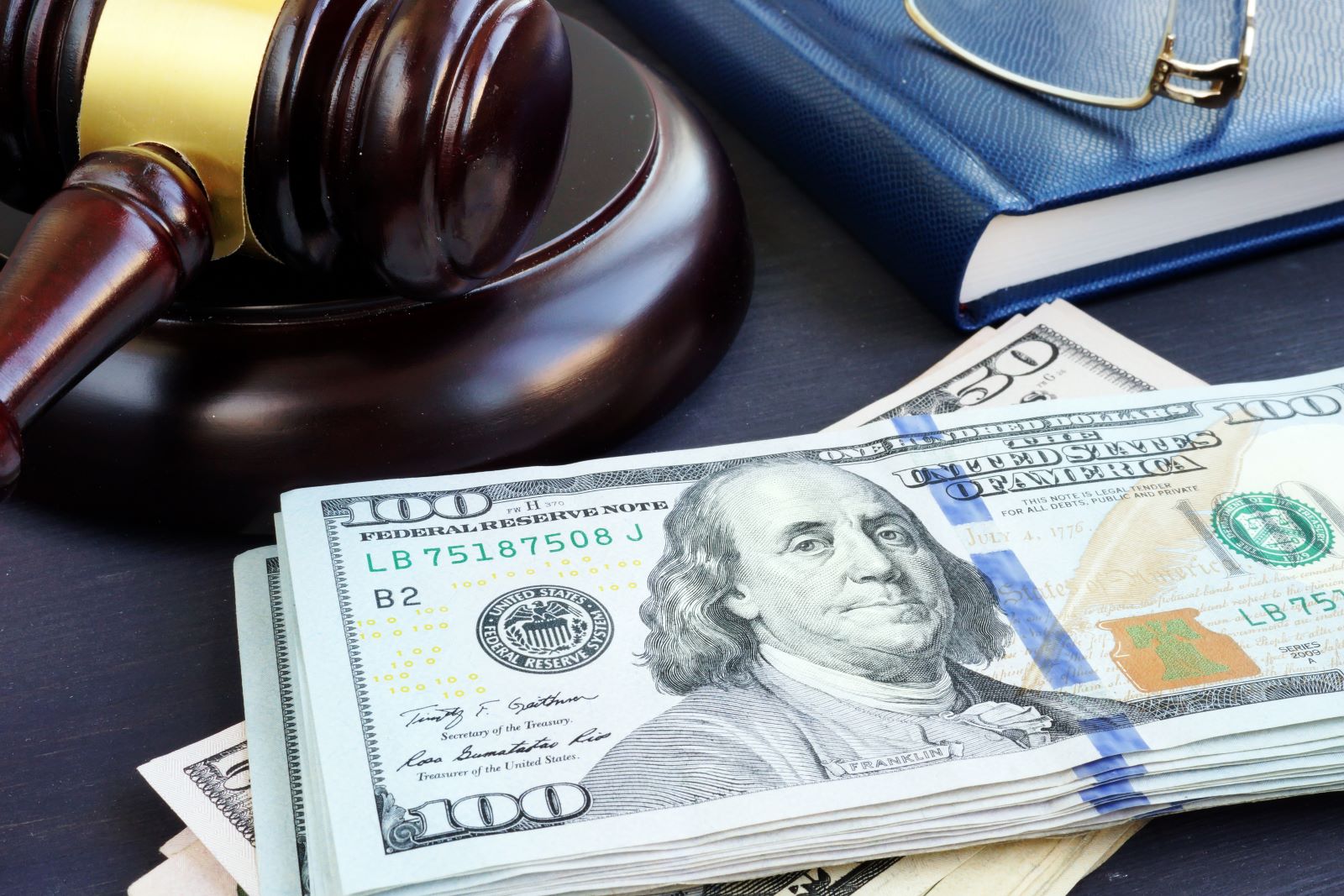
Image Credit: Shutterstock / Vitalii Vodolazskyi
In almost every state, it’s illegal to drive without insurance. If you’re caught, penalties can range from hefty fines to license suspension, and in some cases, even jail time. According to the Insurance Information Institute, fines for driving uninsured can be as high as $5,000, depending on the state.
2. Your License Could Be Suspended
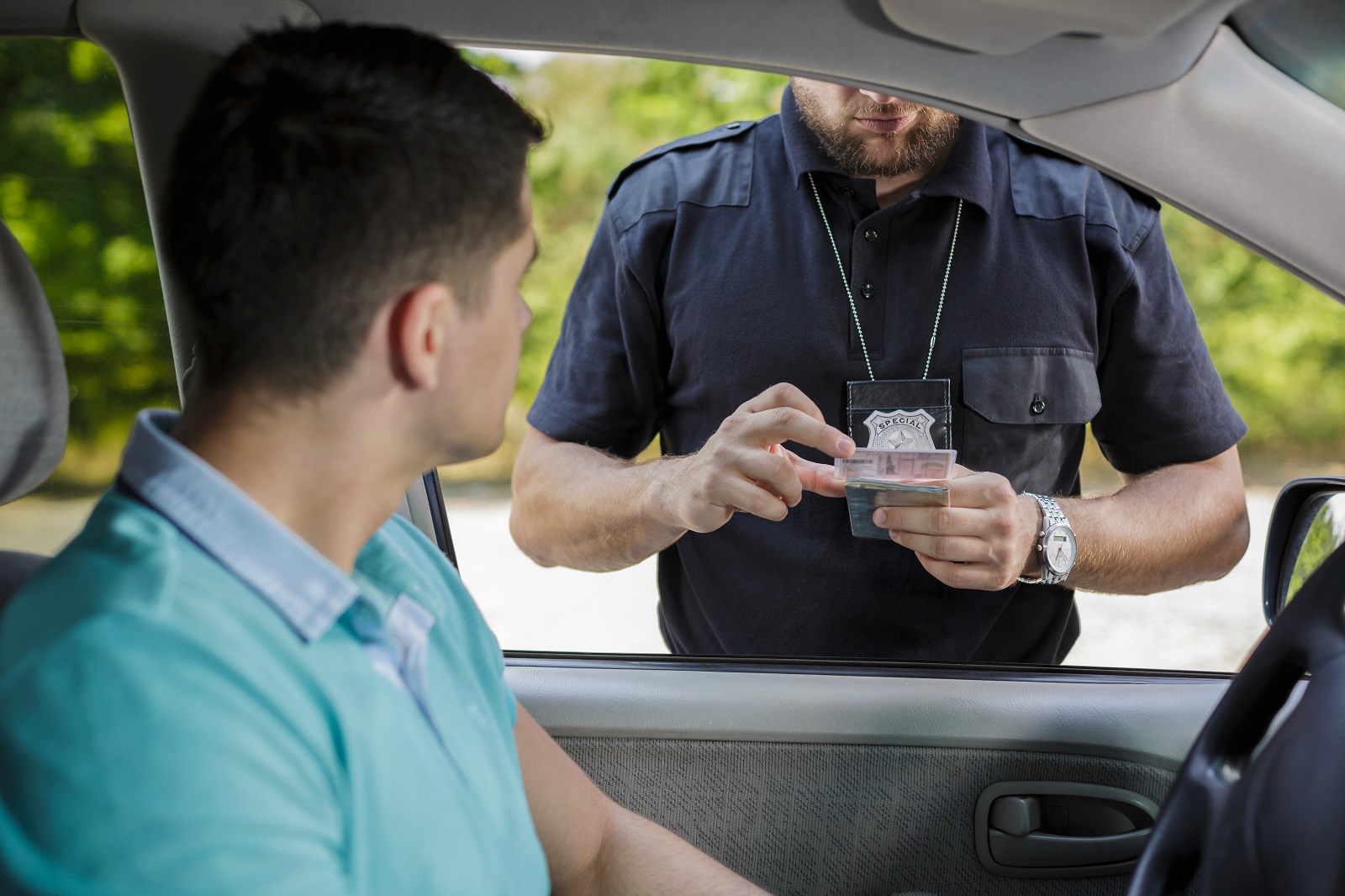
Image Credit: Shutterstock / Ground Picture
Many states impose license suspensions for driving without insurance. The Department of Motor Vehicles (DMV) in most states requires proof of insurance to reinstate a suspended license, which can result in days or weeks of being unable to drive. In states like California, you could lose your license for up to four years if you’re caught driving without insurance multiple times.
3. Towing and Impound Fees Add Up

Image Credit: Shutterstock / hedgehog94
When caught driving without insurance, your vehicle might be towed and impounded on the spot. Towing and storage fees can quickly escalate, and in some cities, impound fees can reach $300 per day. The American Automobile Association (AAA) warns that getting your car back after impoundment can cost well over $1,000.
4. You Could Be Sued Personally
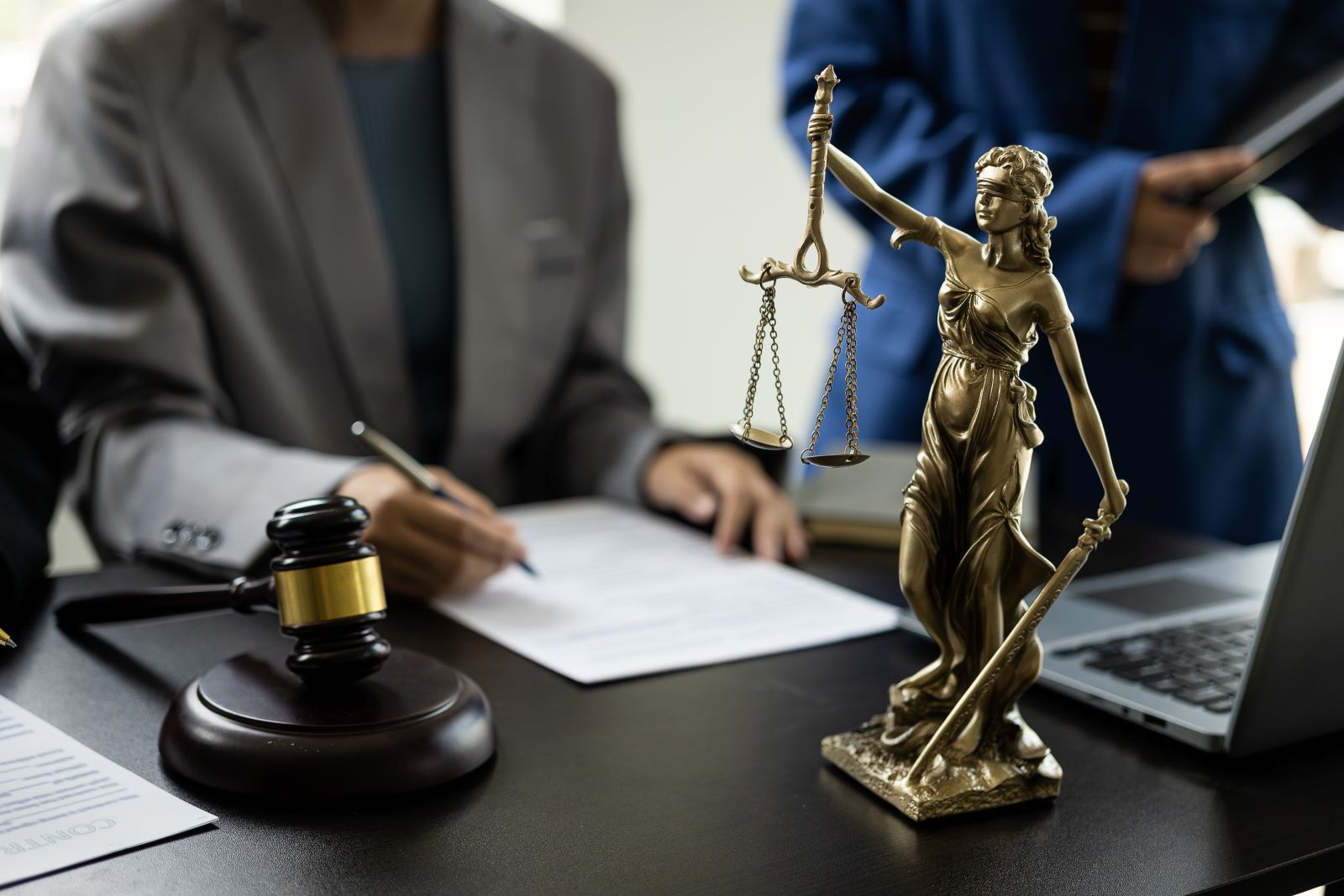
Image Credit: Shutterstock / Mr. Ashi. Sae Yang
Without insurance, you’re personally liable for any damage or injury you cause in an accident. A serious accident can lead to lawsuits that could wipe out your savings, garnish your wages, or even lead to bankruptcy. The National Safety Council reports that the average cost of a car accident involving injuries is over $23,000, not including legal fees.
5. Medical Bills Can Be Crippling

Image Credit: Shutterstock / Shahril KHMD
If you’re injured in an accident and don’t have insurance, those medical bills will be coming out of your pocket. Even a minor injury can cost thousands in medical expenses. The Centers for Disease Control and Prevention (CDC) reports that the average cost of a hospital stay after a car accident is over $10,000, which could be financially devastating if you’re uninsured.
6. You’re Not Protected from Uninsured Drivers
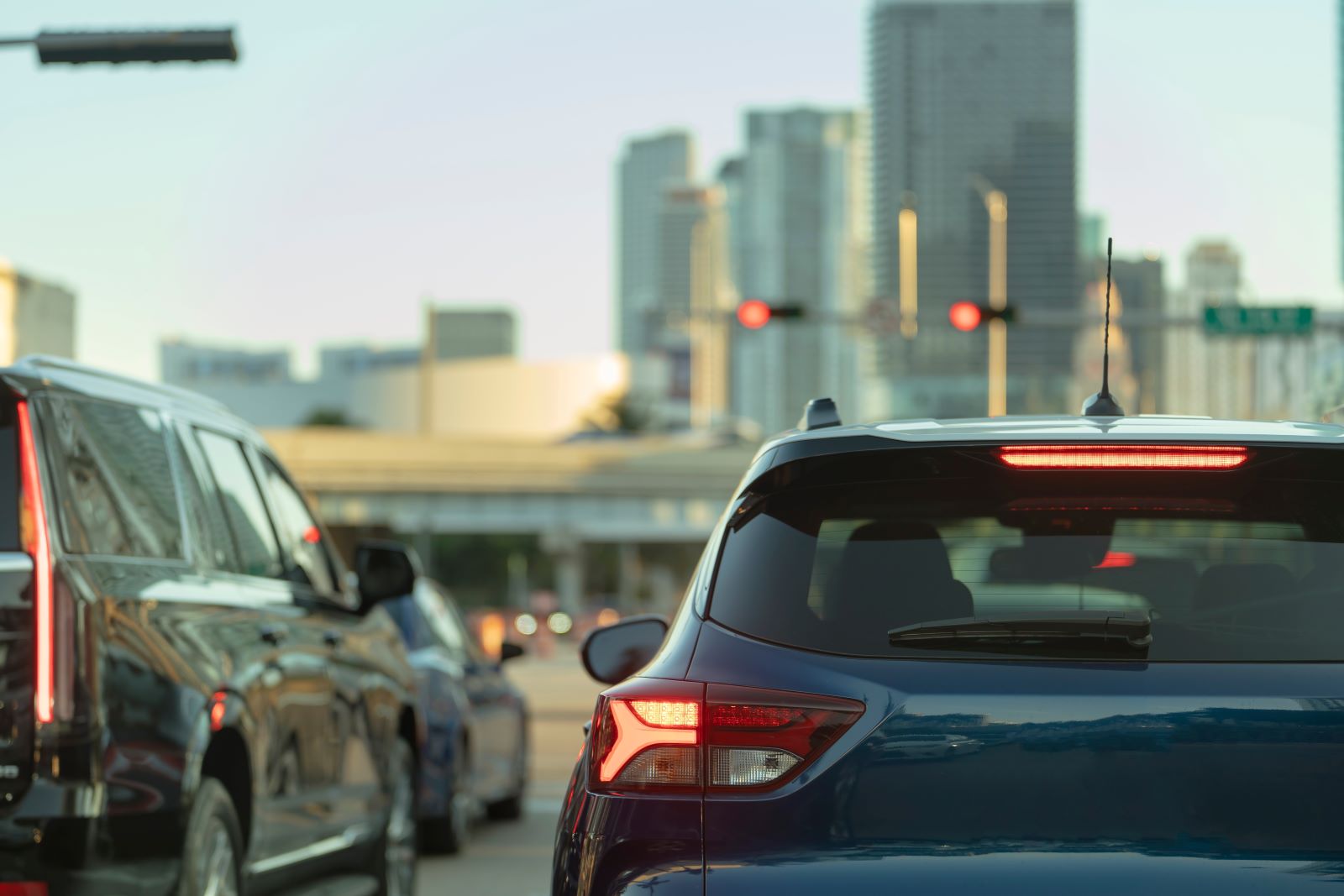
Image Credit: Shutterstock / Bilanol
If you don’t have car insurance and another driver without insurance hits you, you’re in deep trouble. Uninsured motorist coverage, which is included in most insurance policies, protects you in these situations. The Insurance Research Council found that nearly 13% of drivers in the U.S. are uninsured, meaning there’s a significant chance you could be left with no protection in an accident.
7. Future Insurance Rates Will Skyrocket
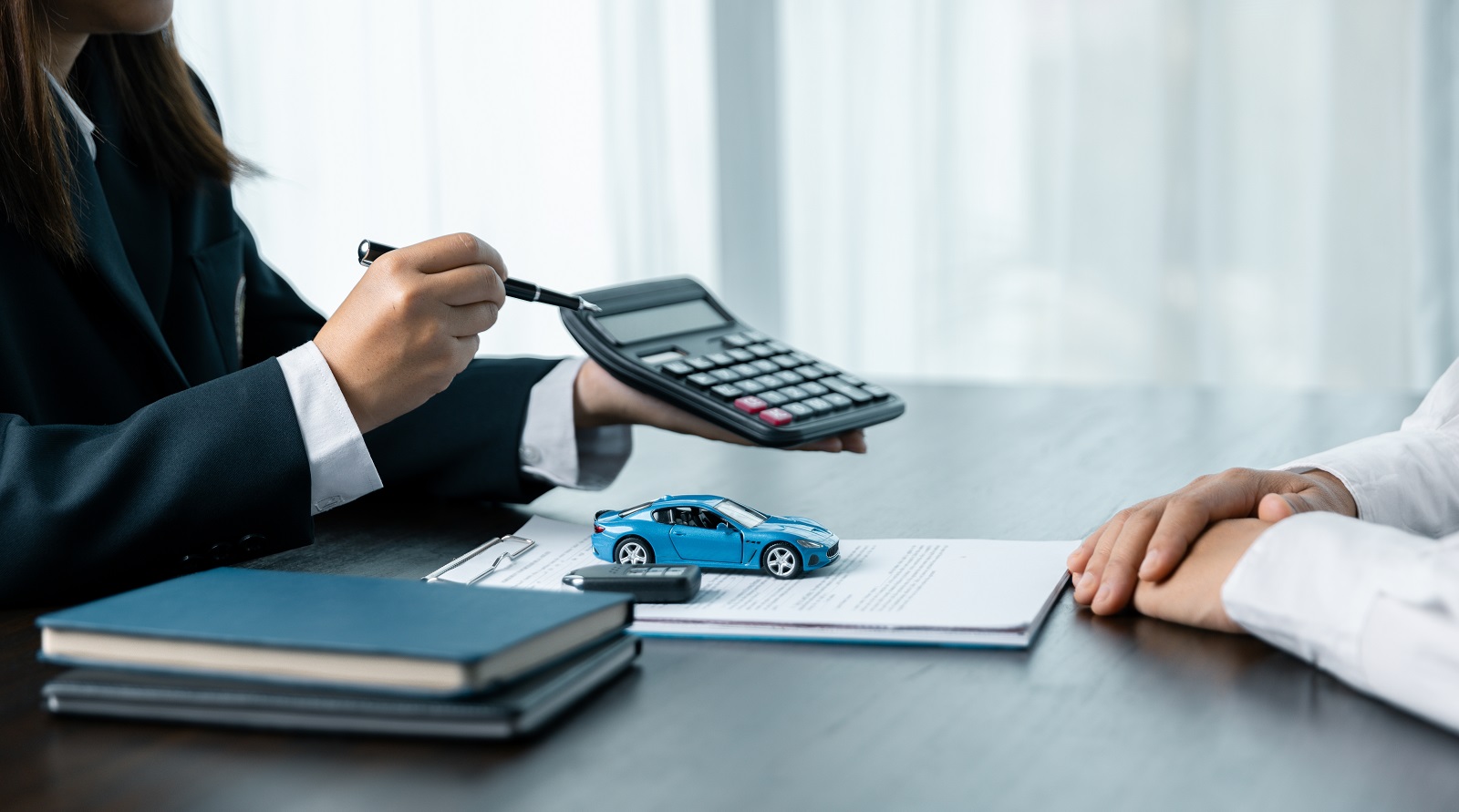
Image Credit: Shutterstock / jd8
Once you’ve been caught driving without insurance, expect your future premiums to go through the roof. Most insurance companies consider driving uninsured a high-risk behavior, and you’ll be classified as a high-risk driver. According to the National Association of Insurance Commissioners, uninsured drivers can see their premiums double or even triple when they finally get insured.
8. You’ll Likely Face Reinstatement Fees

Image Credit: Shutterstock / Soloviova Liudmyla
If your license or registration gets suspended due to lack of insurance, you’ll have to pay reinstatement fees to get back on the road. These fees can range from $50 to $500, depending on the state. The DMV warns that these fees are in addition to the cost of your new insurance policy, creating a financial double whammy.
9. Ignition Interlock Devices Are Possible
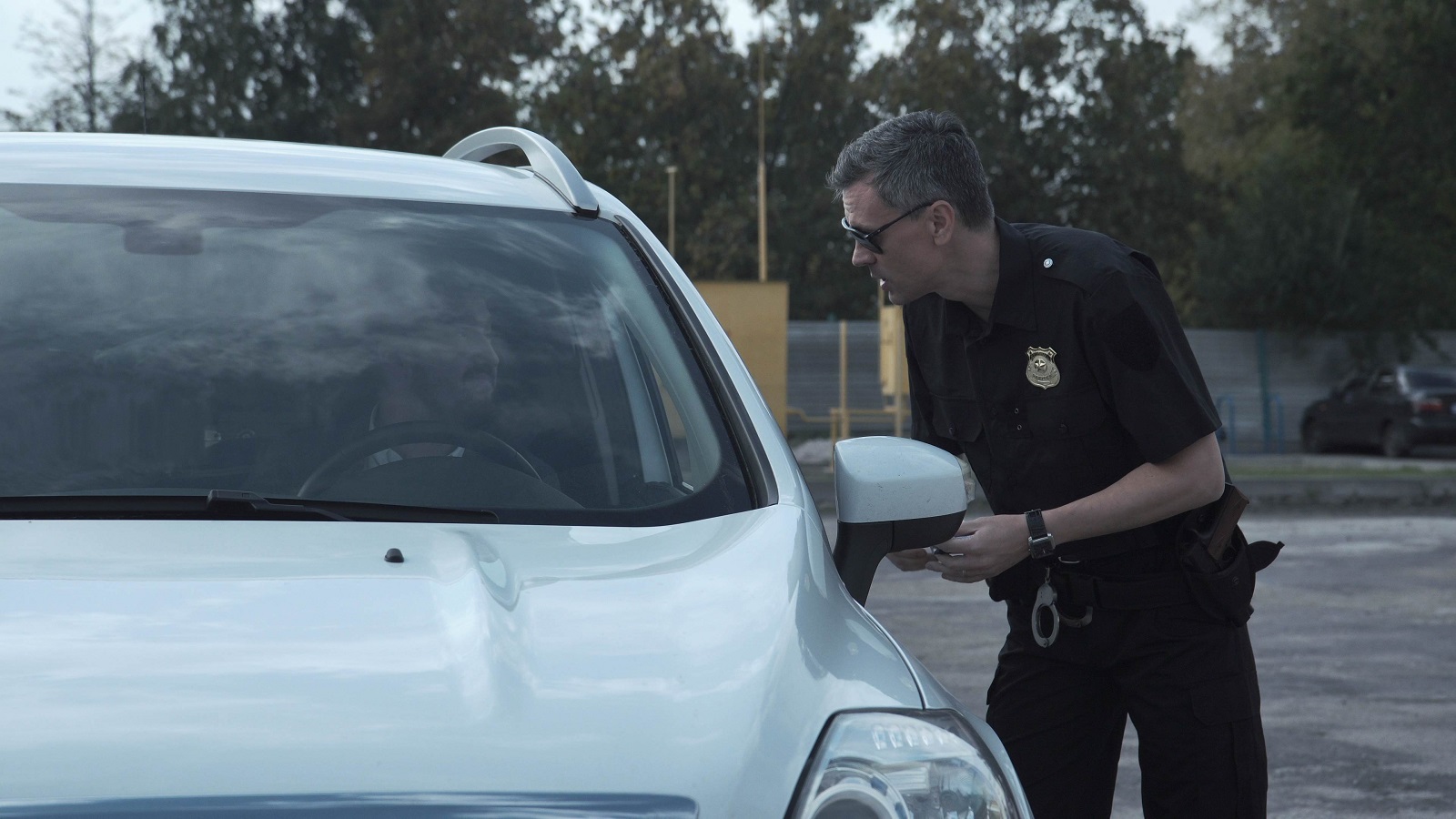
Image Credit: Shutterstock / Frame Stock Footage
In some states, repeat offenders caught driving without insurance may be required to install an ignition interlock device (IID). These devices prevent your car from starting unless you pass a breathalyzer test or meet other requirements. The cost of installing and maintaining an IID can exceed $1,000 annually, according to Mothers Against Drunk Driving (MADD).
10. Difficulty Getting a Job

Image Credit: Shutterstock / fizkes
Driving without insurance and getting caught could result in a criminal record, depending on the severity of the offense. This could hurt your chances of employment, especially in jobs that require driving or maintaining a clean record. Background checks are increasingly common, and a criminal offense related to driving can limit your job prospects.
11. You Might Be Paying for the Rest of Your Life

Image Credit: Shutterstock / Marcos Mesa Sam Wordley
Without insurance, any significant accident could saddle you with debts that last a lifetime. Personal injury lawsuits can lead to wage garnishment, liens on your property, or even the forced sale of assets. A 2019 report by the American Bankruptcy Institute found that car accidents are a leading cause of personal bankruptcy filings in the U.S.
12. You Won’t Have Legal Representation
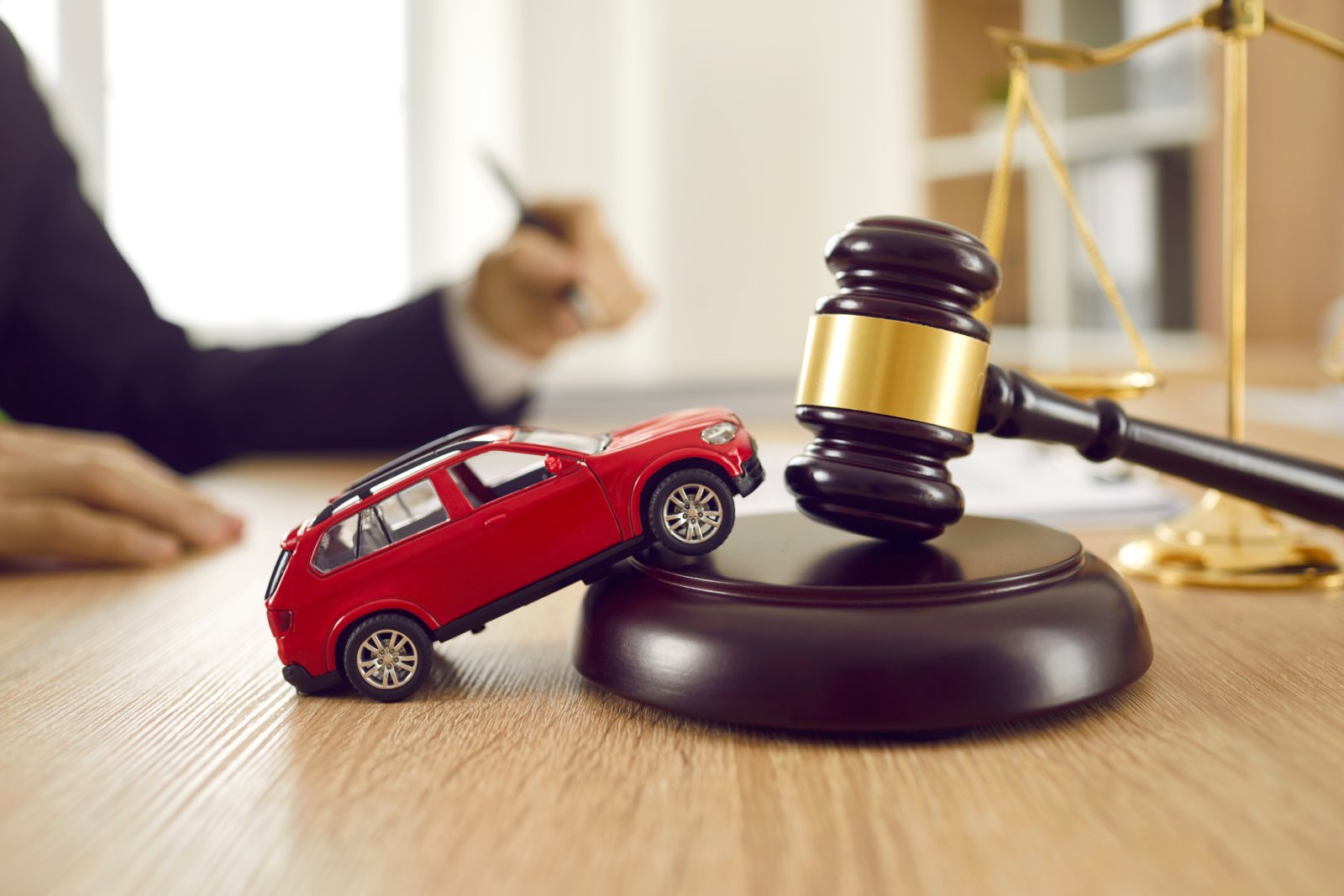
Image Credit: Shutterstock / Studio Romantic
Car insurance policies typically include legal representation in case of a lawsuit. Without insurance, you’ll have to cover all your legal fees out of pocket. Legal fees can quickly add up, with the American Bar Association reporting that the average cost of hiring a lawyer for a civil case can range from $200 to $600 per hour.
13. State-Mandated SR-22 Filing Can Be Expensive

Image Credit: Shutterstock / H_Ko
After being caught driving without insurance, many states require an SR-22 form, which is a certificate proving you have insurance. This high-risk insurance is often much more expensive, with the Insurance Information Institute noting that SR-22 policies can increase premiums by 50% or more.
14. You Could Lose Your Job if You Rely on Driving

Image Credit: Shutterstock / fizkes
If driving is a part of your job, losing your license due to lack of insurance can mean losing your income. Commercial drivers, delivery workers, and tradespeople could face serious financial hardship. The U.S. Bureau of Labor Statistics reports that over 10 million Americans rely on driving as part of their primary job duties.
15. You’re Putting Others at Risk
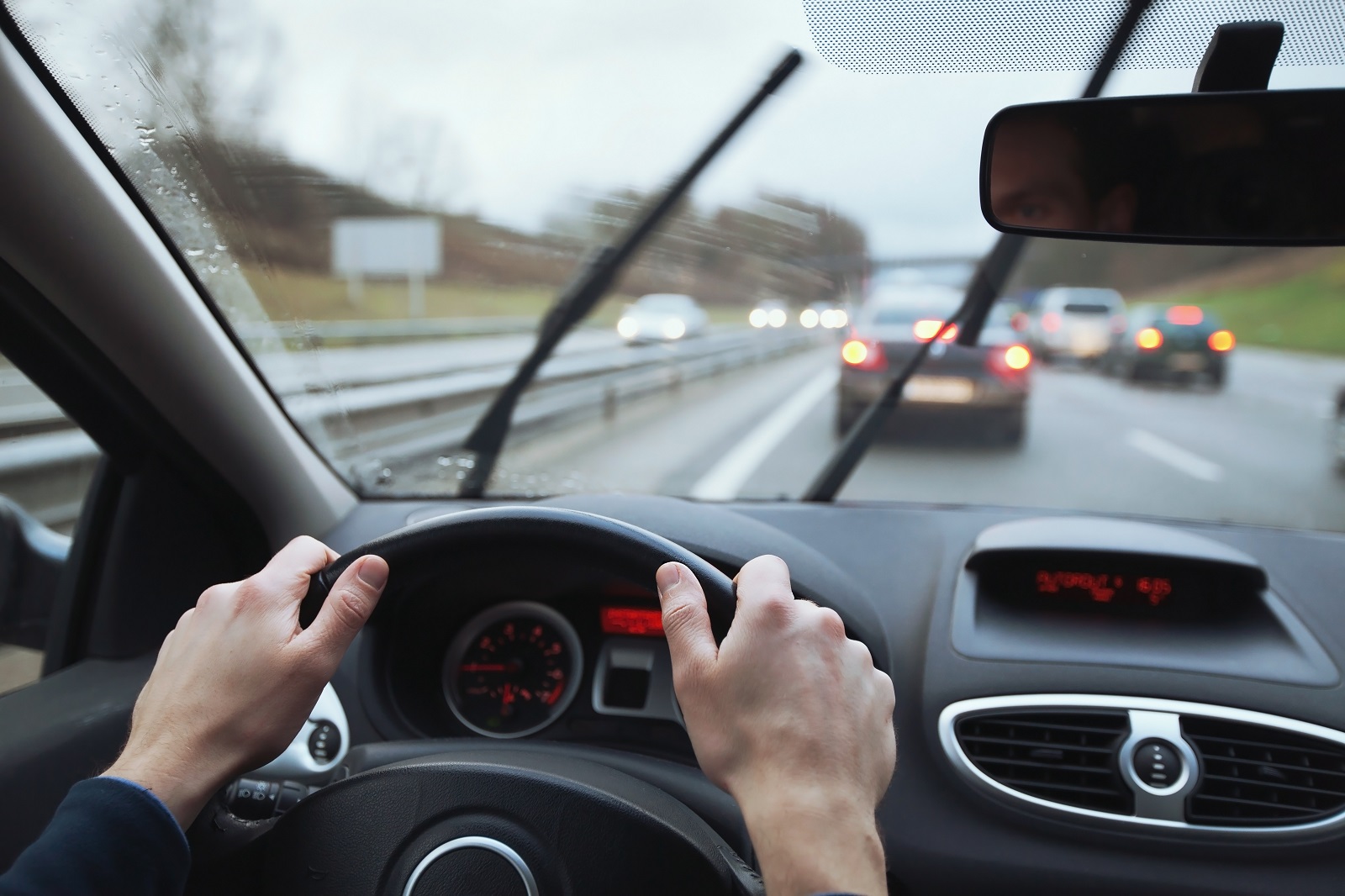
Image Credit: Shutterstock / Song_about_summer
Driving without insurance doesn’t just affect you—it affects everyone else on the road. If you cause an accident, other drivers may be left covering their own expenses, which can lead to further legal complications. According to the Insurance Institute for Highway Safety, uninsured drivers are responsible for $2.6 billion in damages annually, much of which goes unpaid.
16. Your Vehicle Could Be Confiscated
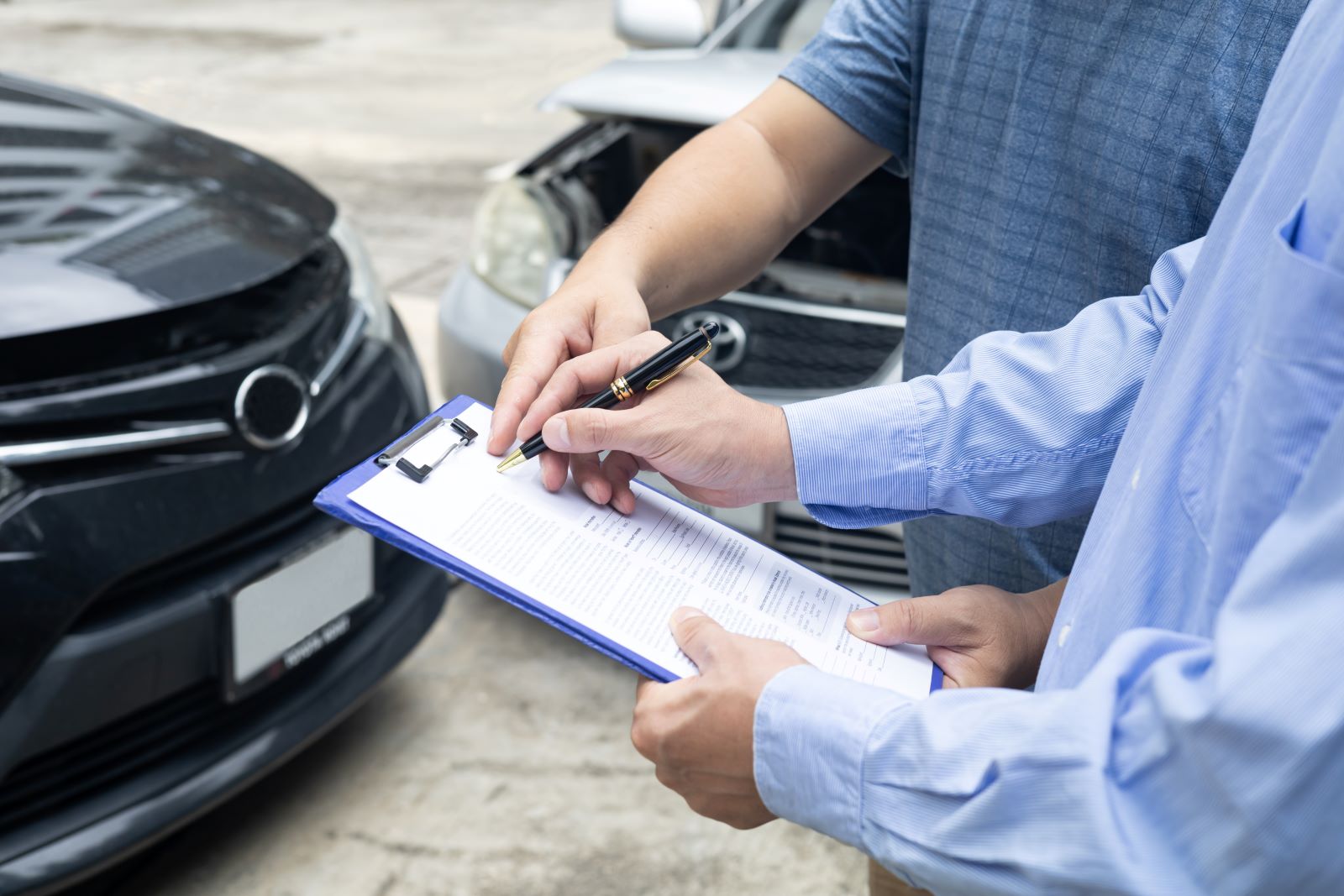
Image Credit: Shutterstock / DreamHomeStudio
In some states, repeat offenses for driving without insurance can lead to your vehicle being confiscated. Losing your car can disrupt your life significantly, affecting everything from getting to work to running errands. The Governors Highway Safety Association notes that vehicle confiscation is becoming a more common penalty for uninsured drivers in states like New York and Texas.
17. You’re Risking Jail Time

Image Credit: Shutterstock / Ann Kosolapova
In extreme cases, especially if you cause a serious accident while uninsured, you could be facing jail time. States like Michigan and Connecticut impose jail sentences for repeat offenders or for those involved in accidents while driving without insurance. The National Highway Traffic Safety Administration (NHTSA) reports that uninsured drivers involved in fatal crashes are more likely to face criminal charges.
Pay Now or Pay Big Later

Image Credit: Shutterstock / Fit Ztudio
Skipping car insurance might save you a little money upfront, but it could cost you everything in the long run. The risks far outweigh the short-term savings, and the financial fallout can be devastating.
Police Magnet: 7 Cars That Guarantee You’ll Get Pulled Over
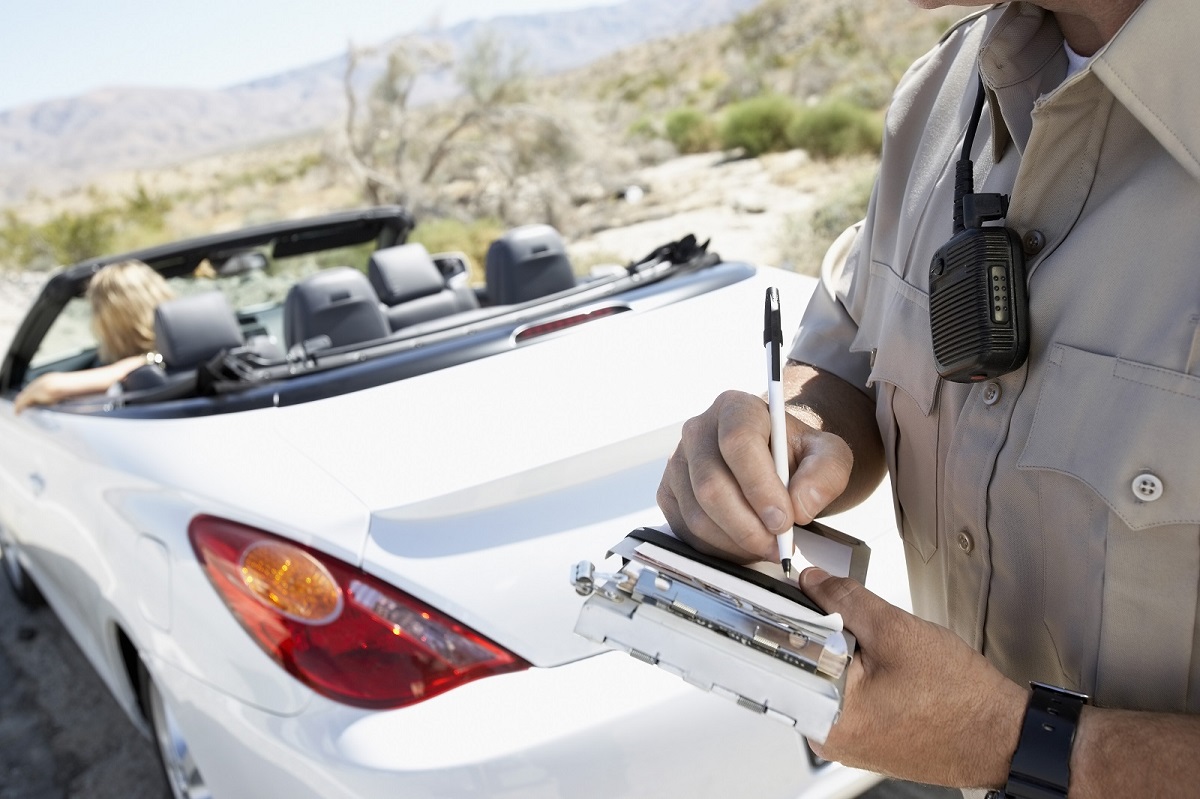
Image Credit: Shutterstock / sirtravelalot
Driving certain cars can make you more noticeable to law enforcement, even if you’re abiding by all the rules. Are you driving one of these “police magnets”? Here are seven cars that seem to attract more police attention than others. Police Magnet: 7 Cars That Guarantee You’ll Get Pulled Over
The Classic Cars That Were Total Clunkers
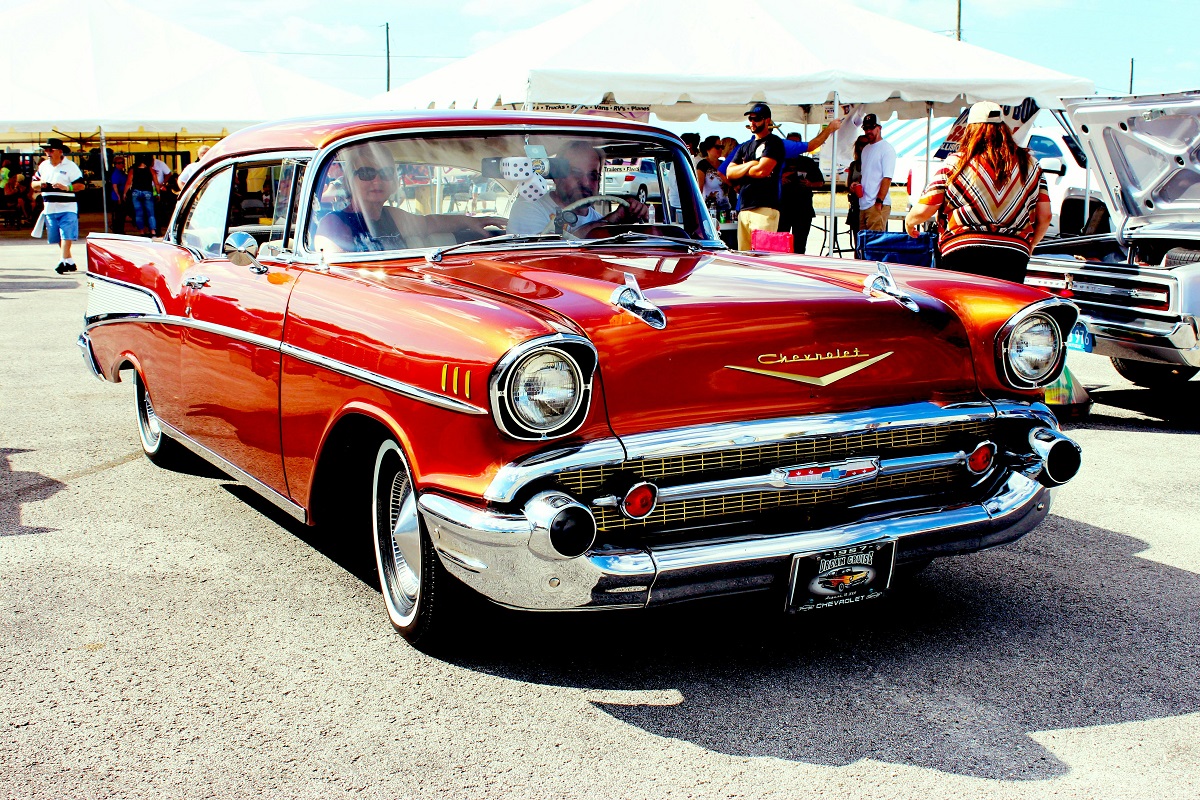
Image Credit: Pexels / Pixabay
Nostalgia has a funny way of making the past seem better than it was, especially when it comes to cars. But here’s the hard truth: some of those “classic” cars your dad raves about were real clunkers. Here’s a closer look at why some of those so-called “classics” weren’t all they were cracked up to be. The Classic Cars That Were Total Clunkers
The Worst U.S. Cars Ever Made: A Retro List
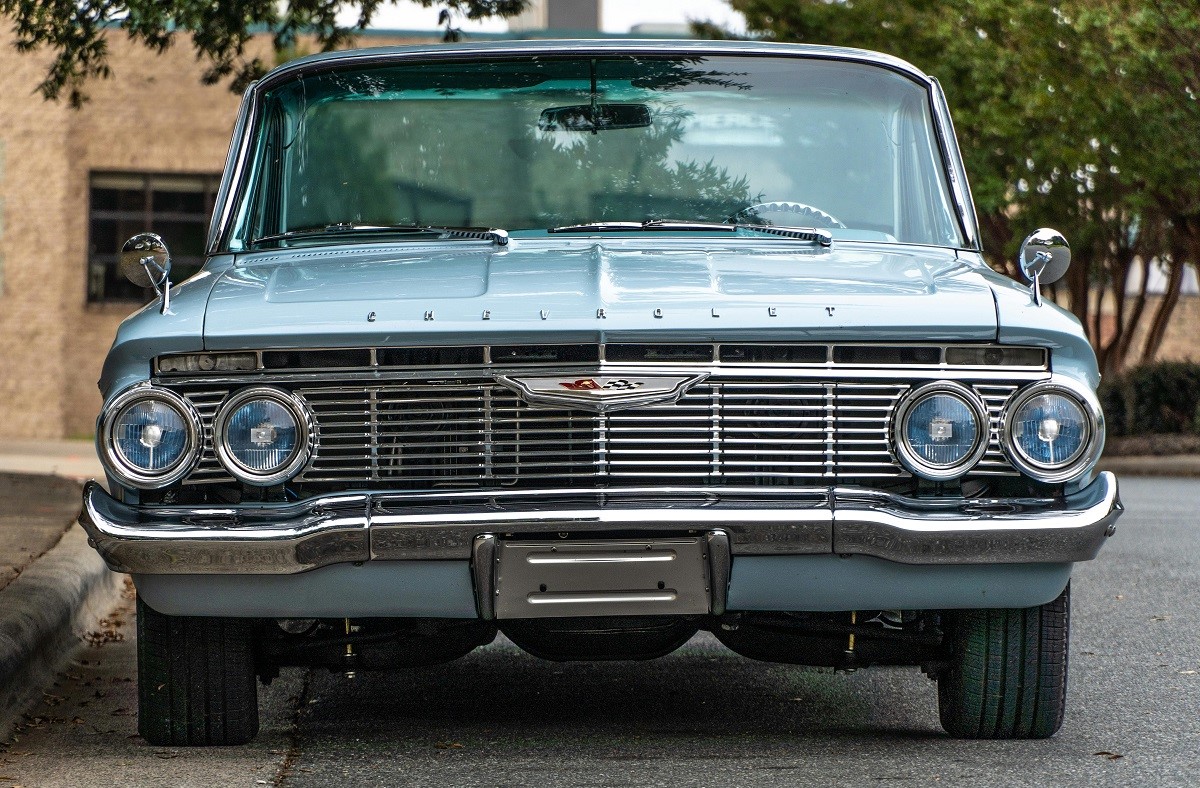
Image Credit: Pexels / Be The Observer
The U.S. auto industry has produced some incredible vehicles, but not every model was a hit. Here’s a look back at 16 of the worst cars ever made in the U.S., each infamous for its own unique flaws. The Worst U.S. Cars Ever Made: A Retro List
Featured Image Credit: Shutterstock / bobbery.
The content of this article is for informational purposes only and does not constitute or replace professional advice.
The images used are for illustrative purposes only and may not represent the actual people or places mentioned in the article.
For transparency, this content was partly developed with AI assistance and carefully curated by an experienced editor to be informative and ensure accuracy.



